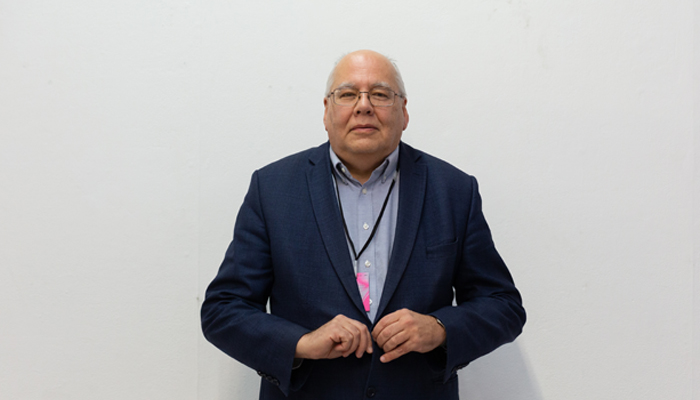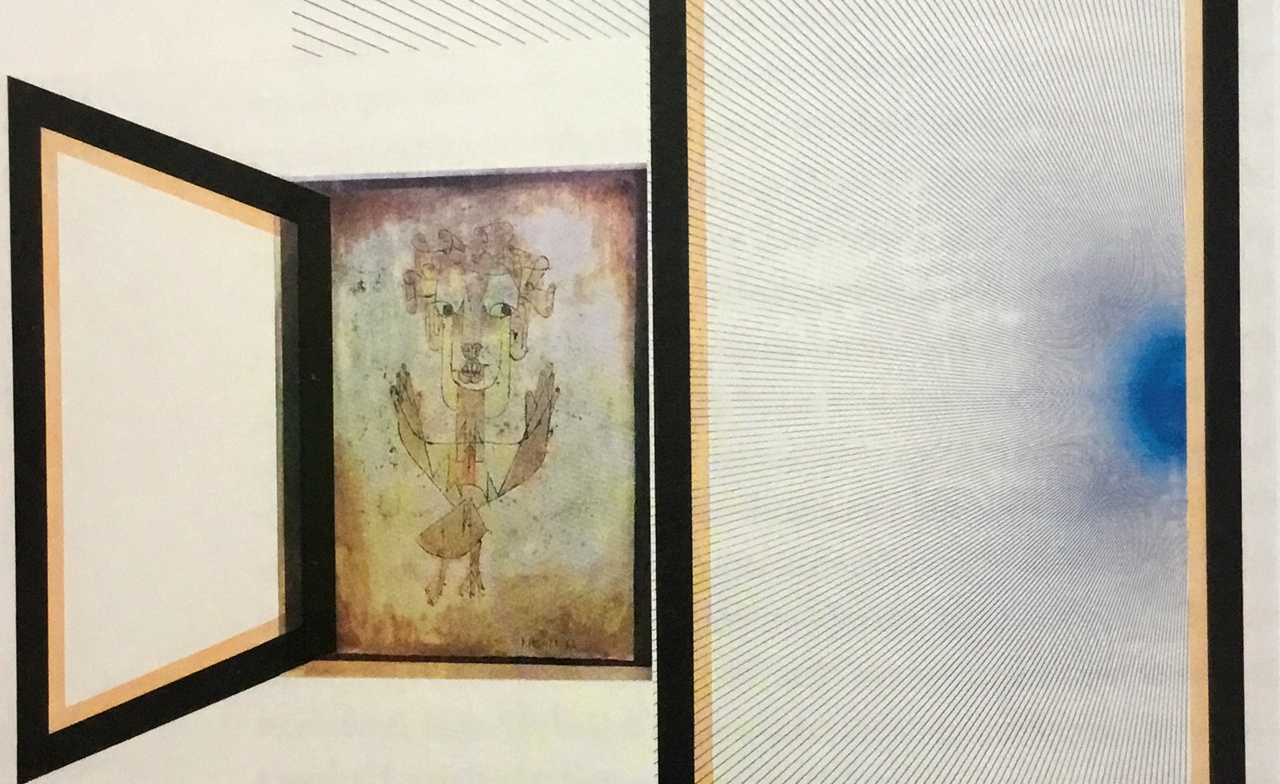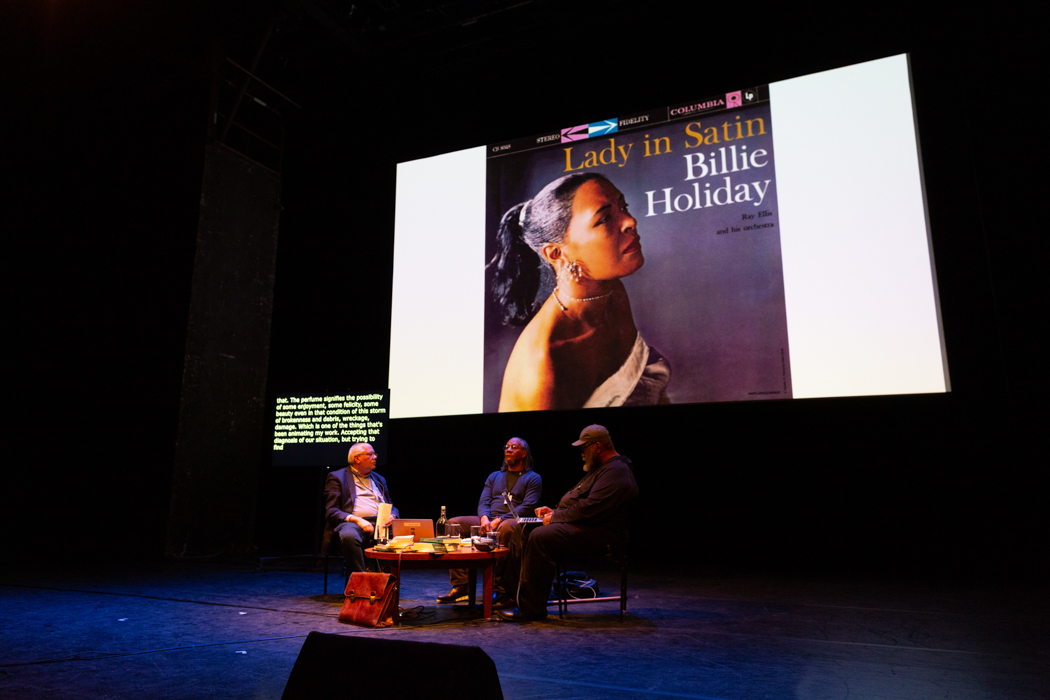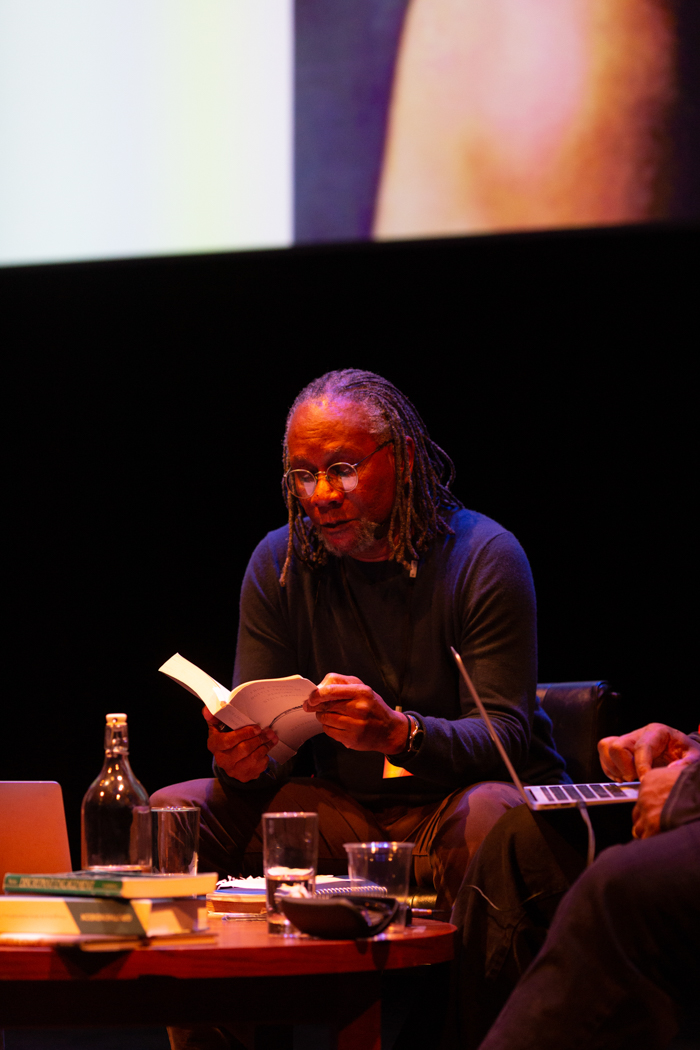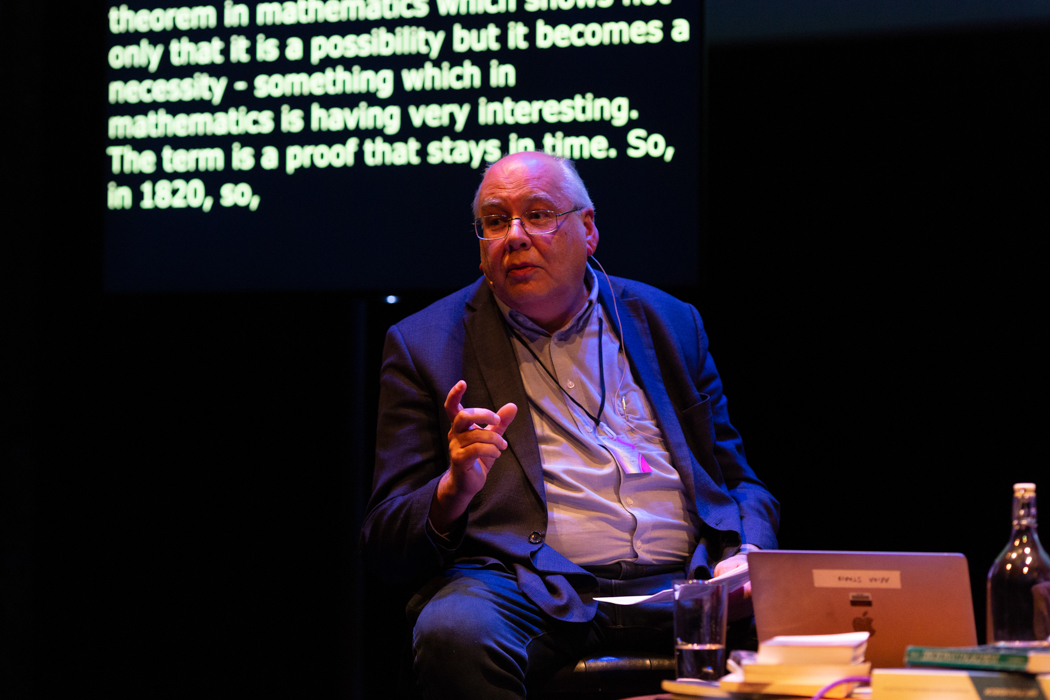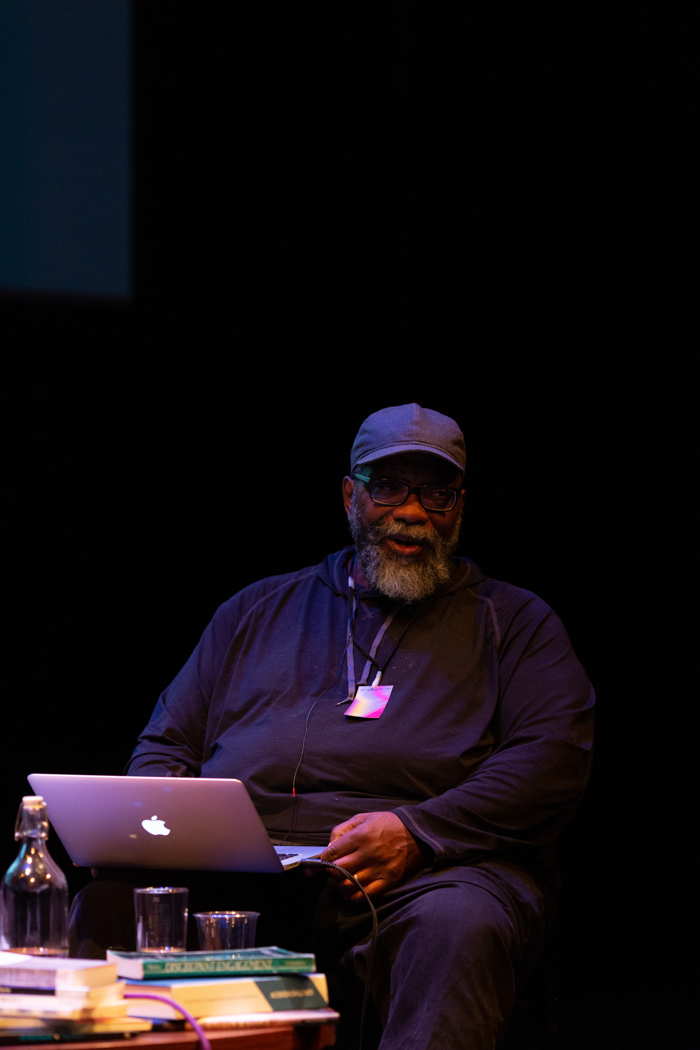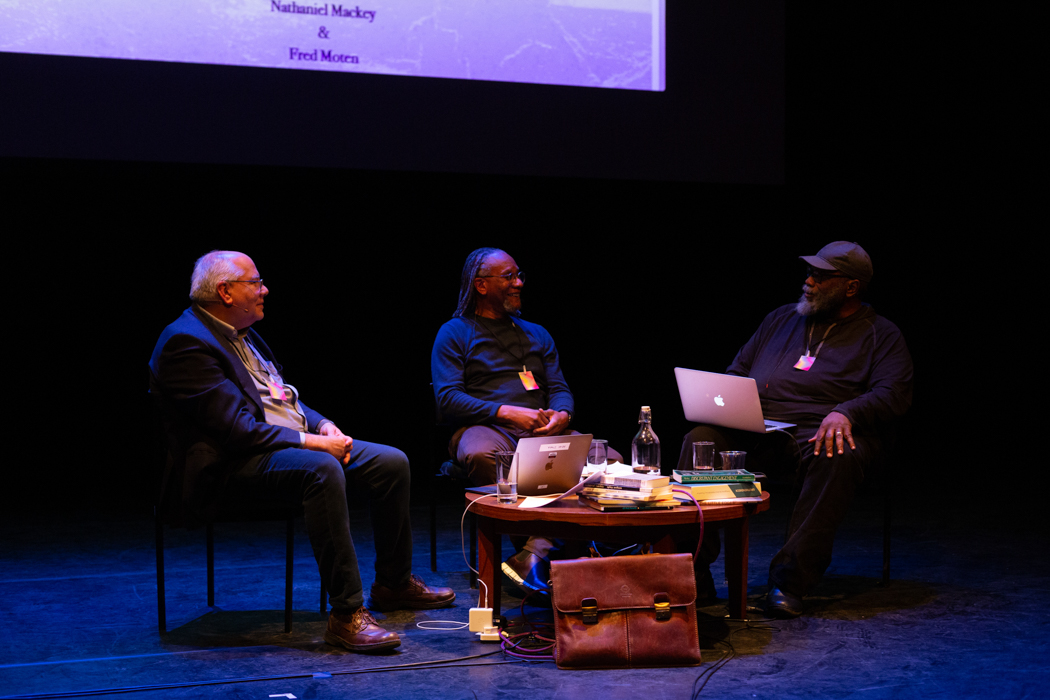Poetry, Mathematics, Debris
Poetry, Mathematics, Debris
How do poetry and maths stitch together pictures of our fractured situation from its wreckage and relics, from the debris of hope and the well of residues that make us what we are?
“…I drifted off to where it seemed I was being towed into an abandoned harbour. I wasn’t exactly a boat but I felt my anchorlessness as a lack, as an inured, eventually visible pit up from which I floated, looking down on what debris looking into it left.” – From Bedouin Hornbook by Nathaniel Mackey
Walter Benjamin famously interpreted Paul Klee’s painting Angelus Novus as the angel of history, blown forwards by the storm of ‘progress’, but looking back into the past, wishing he could linger to make whole again the archive of debris and wreckage piling at his feet. Inspired by the artist R.H. Quaytman’s discovery of another painting behind the Angelus Novus, Fernando reads it as analogous to mathematical ideas that reveal how, from the scattered fragments of a shattered situation, we can stitch together a picture of the whole. This might reveal a rigid past, but also our possible transit into an open future.
Fred has been thinking about how, like the Angelus Novus, African diasporic people were literally blown away from an African past while retaining their comportment towards it. The word improvisation — so important to his thinking about blackness — comes from the Latin for ‘not’ + ‘foreseen’. To not plan ahead or to act without foresight are characteristics European ethics associated with animals, things, non-humans. But maybe improvisation isn’t the lack of foresight, but a kind of looking backward while moving ‘forwards’. It’s not that there’s not a seeing. There’s memory, a kind of historical seeing. But it tends against separation. Is this the kind of seeing that Nathaniel Mackey’s writing inhabits, under the image of a ‘wounded kinship’, located within the drift and “‘broken’ claim(s) to connection” of the Black Atlantic?
ReadFernando Zalamea is a Colombian mathematician, philosopher, cultural critic and writer living in Bogotá. He opens up the vast spectrum of modern and contemporary mathematics and the new philosophical possibilities they suggestto any of us who have ever read an epic novel, been moved by a piece of art, or wonder about the complexity of human understanding and social life. His thinking — as summarised in English in his book Synthetic Philosophy of Contemporary Mathematics (Urbanomic x Sequence Press 2012) — weaves together strands of the modern and postmodern, the rational and the romantic into a synthetic universality, endlessly revisable and updatable, and puts forward an idea of the trans and transmodernity as a term to encompass our unfolding epoch.
Nathaniel Mackey is one of the most celebrated poets emerging from the Black Radical Tradition. The New York Times described him as a writer of “realist-mythic layering of lyrical prose unlike anything being written today”. His ongoing series From a Broken Bottle Traces of Perfume Still Emanate is some of the best writing ever about or as jazz, by being written as jazz. His critical essays offer us all profound tools for understanding formal experimentation in poetry, literature and music and how they address the problems and paradoxes of social life. He’s an encyclopaedic jazz and world music radio DJ, and editor of hugely influential collections of poetry. He’s probably your favourite poet’s favourite poet.
If you ask him, Fred Moten might say that what people often think of as his poetic and philosophical thinking and writing — about fugitivity, blackness, blur — isn’t his at all. It’s better conceived as a temporary and fleeting emanation of open-ended friendships within the black radical tradition; queer and indigenous worldviews; the music of blackness; and sites of care. Most often, these have included Stefano Harney, Laura Harris or Wu Tsang, but also hundreds of others.
Fred has participated in Episode 4: Freedom is a Constant Struggle and Episode 6: Make a Way Out of No Way as well as at Arika’s week of events, A survey is a process of listening, at the Whitney Biennial in 2012.
Image Description: A publicity image from a R.H. Quytman’s exhibition of paintings. The painting shown comprises of a number of geometric, rectilinear planes that give the impression of squares with some depth, receding into the painting. Two are outlined in black and gold, one filled with thin blue lines radiating from a mid-blue centrally places circle. One in the centre shows the Angelus Novus painting by Paul Klee.
Documentation
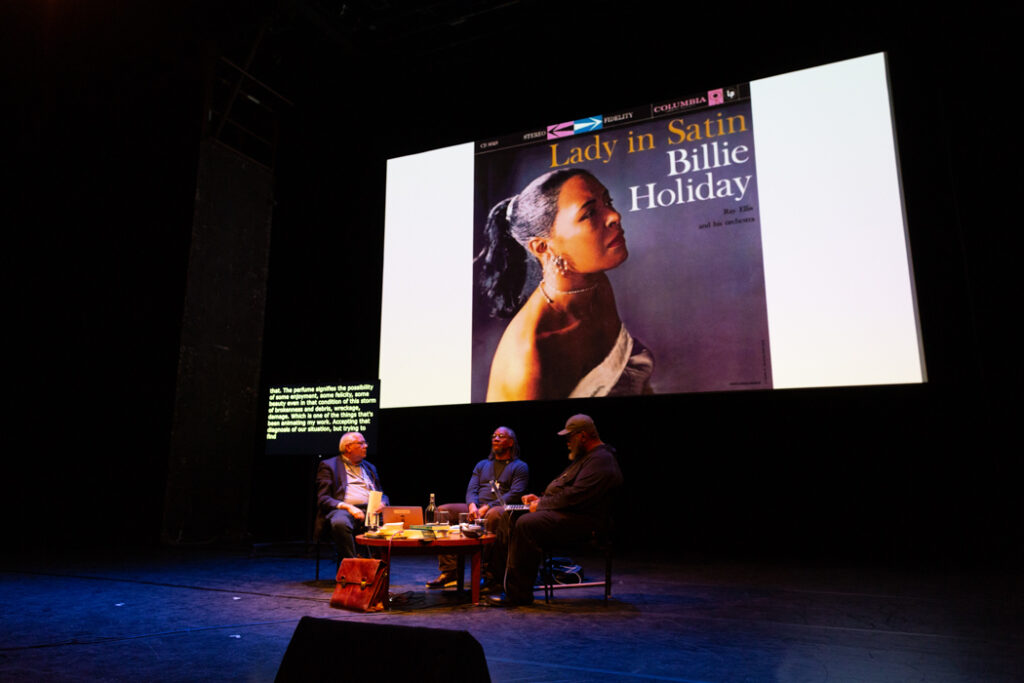
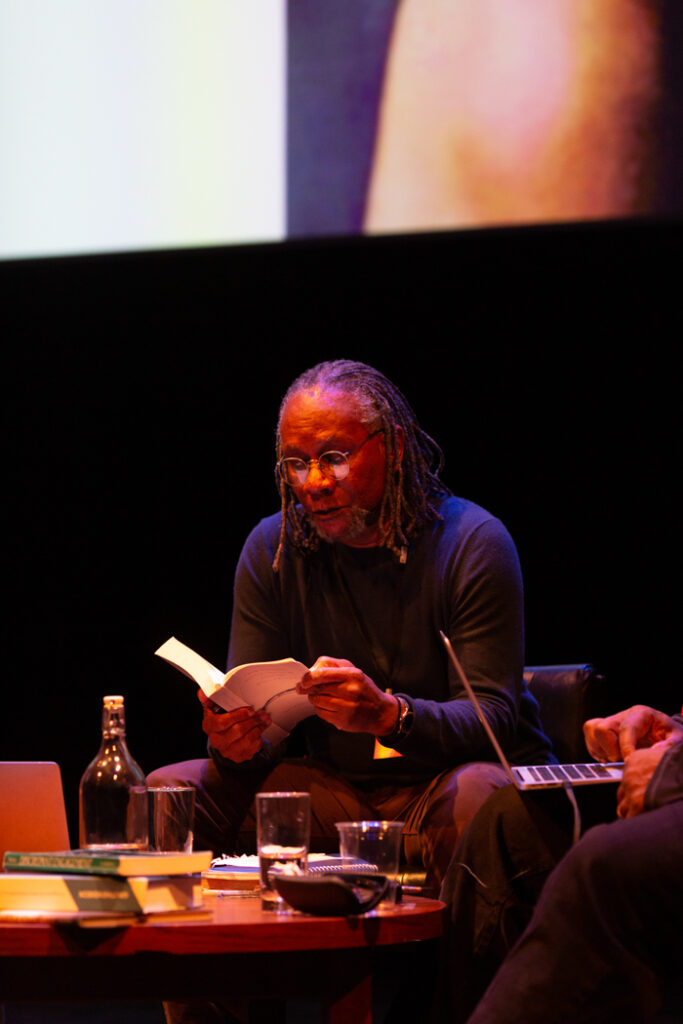
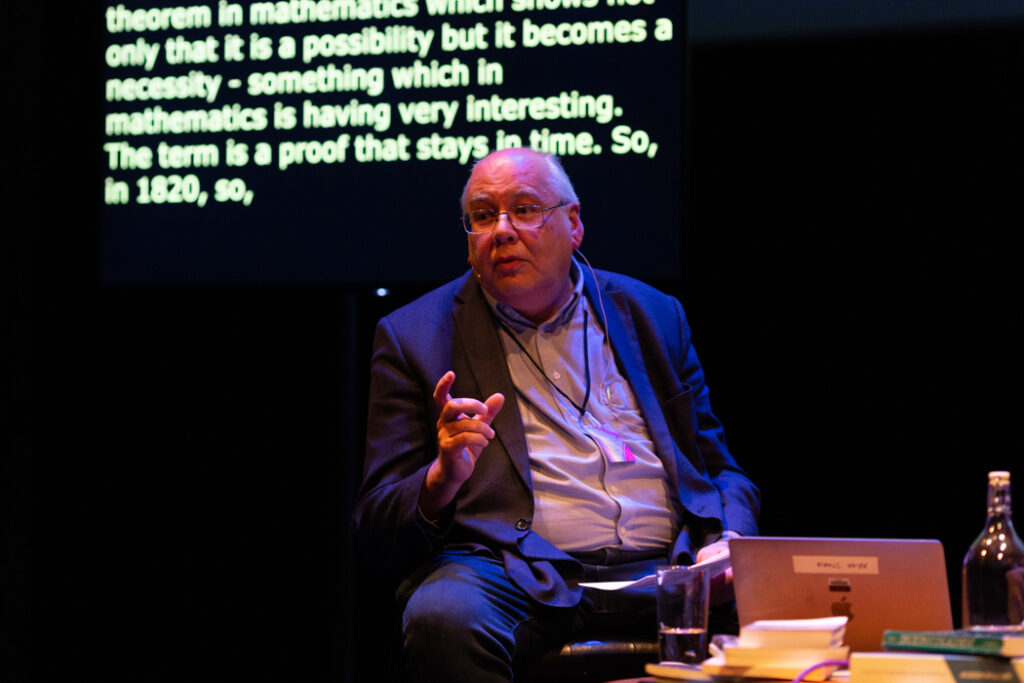
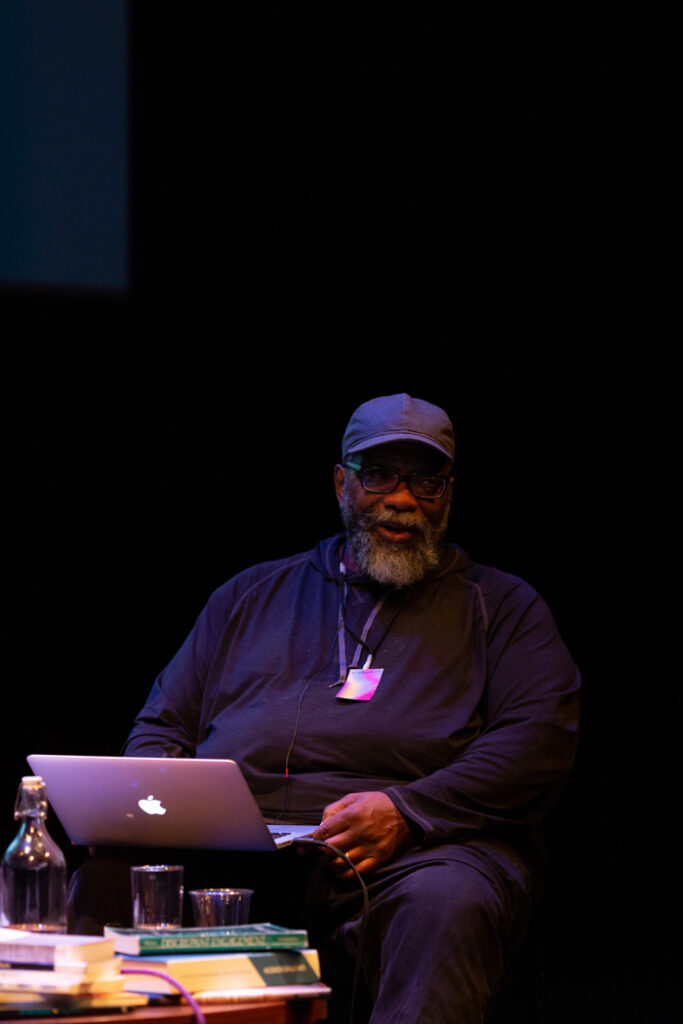
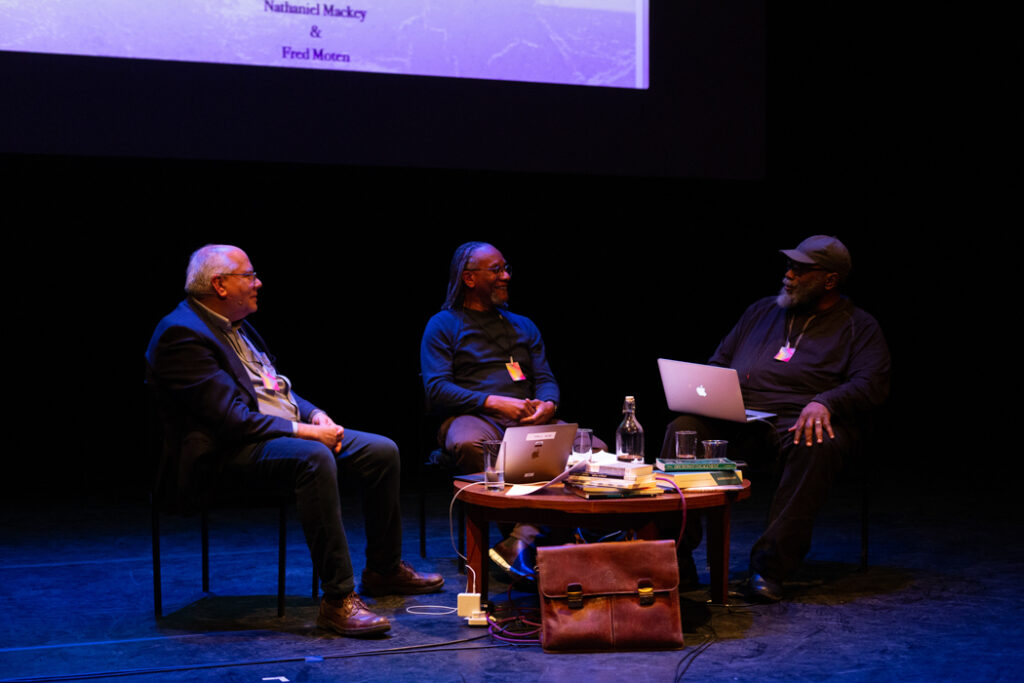
Artists

Fred Moten
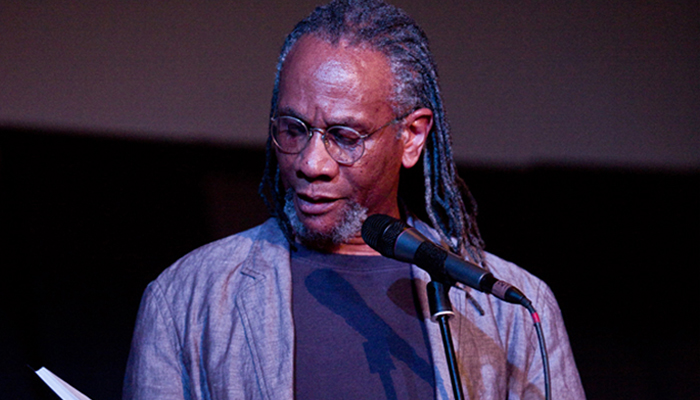
Nathaniel Mackey
